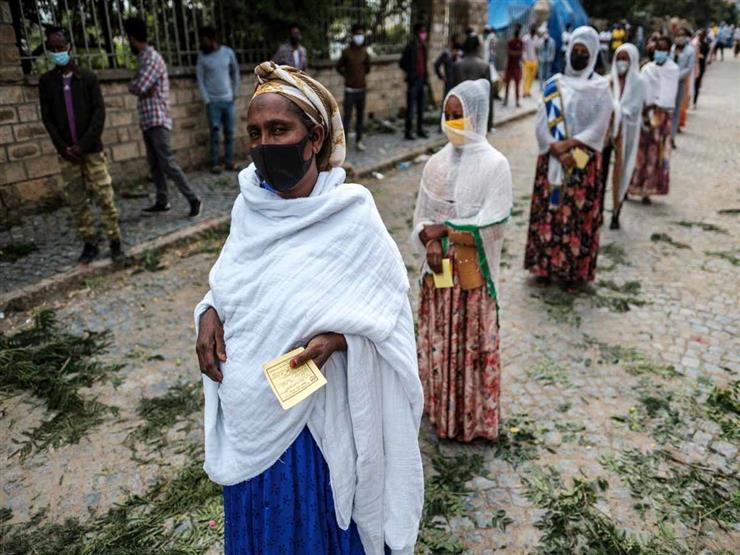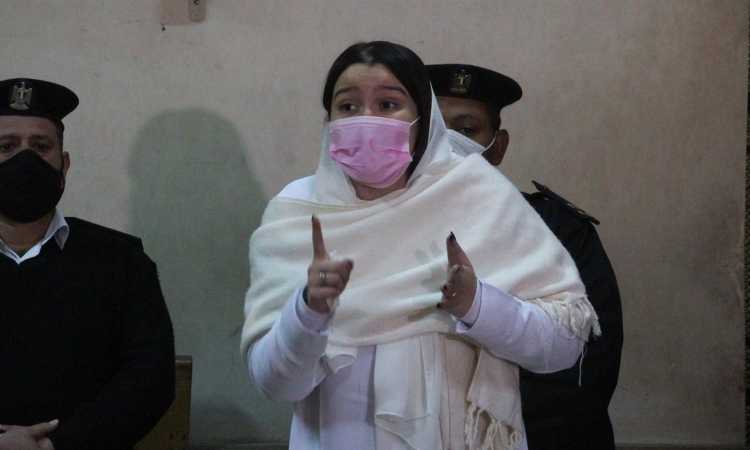Tuesday 22nd June 2021
Press release
——————————
The Egyptian Alliance for Human Rights and Development has followed the Ethiopian elections that started yesterday morning, Monday, June 21, 2021 to start the voting process for the parliamentary and local council elections, after they were postponed twice due to the Covid-19 pandemic.
The general elections in Ethiopia were scheduled for August 2020 but were postponed due to the Corona pandemic (COVID-19) The elections were then scheduled to take place on June 5, 2021, but were postponed to June 21, 2021 due to logistical problems according to the Election Commission Ethiopian.
The Egyptian Alliance states that more than one-fifth (20%) of the 547 constituencies are not witnessing a voting process, due to security concerns and warnings of irregularities. Among these regions is the Tigray region, which witnessed a civil war that left a major humanitarian crisis, as it represented Tigray region has 38 seats in the national parliament.
The Egyptian Alliance clarified that there are about (46) political parties competing in the sixth Ethiopian general elections, and more than (9) thousand candidates are competing for the House of Representatives and the regional councils, while (36) million Ethiopians registered their names to participate in the elections, and the number of candidates from the parties for these elections reached (9327) candidates, including (1976) female candidates.
The Prosperity Party has the most number of candidates with its registration of (2799) candidates, followed by the Ethiopian Citizens for Social Justice party known as “Ezima”, which is competing with 1,540 candidates, while the “Inat” party ranked third with (605). The Freedom and Equality Party with (578) candidates, the National Movement for the People of Amhara (510) candidates, and the Unity Organization for All Ethiopians (466) candidates.
Polling stations opened their doors in Ethiopia yesterday, Monday, June 21, for voters to cast their votes in the general parliamentary elections, and the polling process began at six o’clock in the morning of Monday in (49) thousand (407) polling stations in the Ethiopian regions except for Tigray and Ethiopian Somali regions and 27 other constituencies.
About 45 thousand local civil society organizations, in addition to 120 international observers, monitored the electoral process in Monday’s elections.
Political parties and independent candidates are vying for 445 seats in the House of Representatives, and the contest for the remaining 64 seats will be on September 6, 2021.
Of the 547 seats in the House of Representatives, 509 candidates will win the seats at the end of the two rounds of elections, and the remaining 38 seats for the representatives of the province of Tigray.
The Alliance indicated that the Ethiopian elections witnessed yesterday, Monday, electoral problems and several violations, highlighting a problem in a constituency in Oromia region that was not opened due to security concerns, and a constituency in Addis Ababa due to a lack of ballot papers.
Voting was also canceled in two constituencies in Benishangul-Gomuz and Gambella regions, and in Gambella due to a lack of voting tools, and voting in some polling stations in Addis Ababa were delayed, due to a lack of available cards, while the main opposition parties in Oromia boycotted the vote and accused regional security forces of intimidation.
In a press conference held on Monday afternoon, the President of the Ethiopian National Elections Council admitted that there is a shortage of voting cards in the capital and a number of other regions, as it was announced that new ballot papers had been sent using Ethiopian Air Force aircraft, which led to the extension of voting for an additional three hours. The president also confirmed that the observers at the polling stations in Gambella, Amhara and Afar regions were subjected to physical assault.
It was also announced yesterday evening that the elections did not take place in Sidama State due to lack of ballot forms, which means that four districts out of 10 districts in the country did not witness elections.
The Ethiopian opposition leader also announced that about 207 complaints had been submitted as of Monday evening, due to local officials and militias preventing observers from entering many polling stations in the Amhara region and in the Southern Nations region.
The Egyptian Alliance stated that polling stations were closed in the Ethiopian electoral districts yesterday, Monday, after the end of the voting process in the parliamentary elections, which lasted for more than 12 hours. The voting was extended to three hours due to the low turnout of voters








